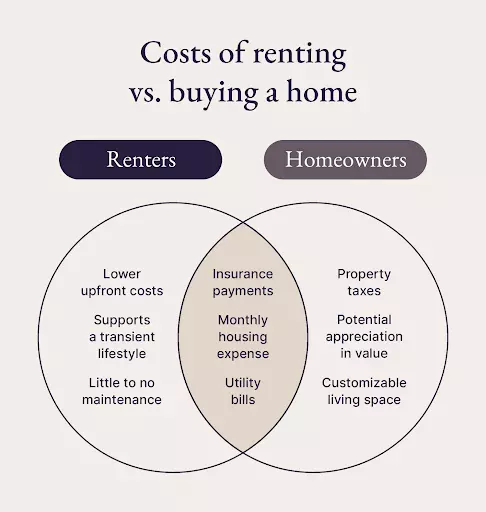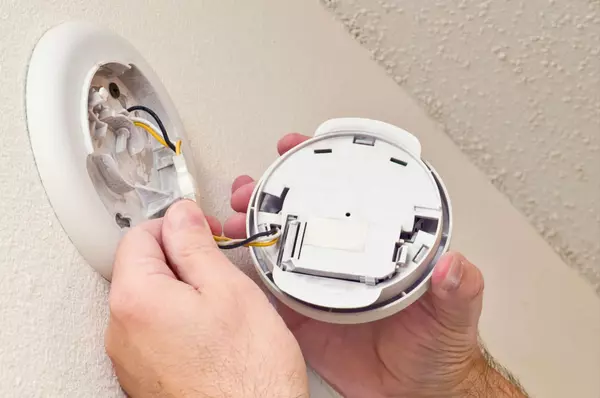Common Rental Scams

Common Rental Scams
Renting a property can be a daunting process, especially with the rise of rental scams designed to deceive prospective tenants. Scammers often prey on those in search of a new home, using various tactics to steal money or personal information. Here’s an in-depth look at some of the most common rental scams and practical tips to protect yourself from falling victim to these fraudulent schemes.
1. Fake Listings
Description:
- Scammers create fake rental listings for properties that either don’t exist or aren’t available for rent. These listings often feature attractive photos and below-market rental prices to lure potential tenants.
How to Avoid:
- Verify the Property: Always verify the existence of the property by checking the address on Google Maps or visiting the property in person.
- Research the Listing: Cross-check the listing on multiple rental websites to ensure consistency. If the same property appears with different details, it may be a fake listing.
- Contact the Property Manager: Reach out to the property manager or landlord directly through verified contact information, not just the contact provided in the listing.
2. Advance Fee Scams
Description:
- Scammers ask for money upfront, such as a deposit, application fee, or first month’s rent, before you’ve seen the property or signed a lease. Once the payment is made, the scammer disappears, and the property is never made available.
How to Avoid:
- Never Pay Upfront: Don’t send money or provide financial information before viewing the property and meeting the landlord or property manager in person.
- Use Secure Payment Methods: If a deposit is required, use a secure and traceable payment method. Avoid wire transfers or payment through gift cards.
3. Phishing Scams
Description:
- Scammers pose as landlords or property managers and request personal information, such as Social Security numbers, bank account details, or credit card information, under the guise of processing a rental application.
How to Avoid:
- Protect Personal Information: Be cautious about sharing personal information. Only provide sensitive details through secure and verified channels after confirming the legitimacy of the landlord.
- Check Email Addresses: Be wary of emails from unverified addresses or domains. Scammers often use email addresses that mimic legitimate ones.
4. Unauthorized Subletting
Description:
- Scammers claim to be the legitimate owners of a property and offer it for rent without the actual owner's knowledge or permission. They collect rent and deposits from unsuspecting tenants.
How to Avoid:
- Verify Ownership: Check public property records or contact the property management company to verify the ownership of the property.
- Request Identification: Ask the landlord or agent to provide identification and proof of ownership or authority to rent the property.
5. Pressure Tactics
Description:
- Scammers create a sense of urgency, claiming that the property will be taken off the market quickly if you don’t act immediately. This pressure tactic is designed to make you act without thoroughly researching the listing.
How to Avoid:
- Take Your Time: Don’t rush into making decisions. Take the time to research the property and the landlord thoroughly.
- Trust Your Instincts: If something feels off or you feel pressured, it’s better to walk away and find another rental opportunity.
6. Low-Rent Scams
Description:
- Scammers advertise rental properties at significantly lower prices than the market rate to attract renters. These enticing offers often lead to requests for upfront payments or personal information.
How to Avoid:
- Market Research: Conduct research to understand the typical rental rates in the area. If a deal seems too good to be true, it probably is.
- Be Skeptical: Be cautious of unusually low-priced rentals and verify all details before proceeding.
7. Verbal Agreement Scams
Description:
- Some landlords may attempt to make verbal agreements without providing a written lease. This can lead to misunderstandings and disputes over the terms of the rental agreement.
How to Avoid:
- Insist on a Written Lease: Always require a written lease agreement that clearly outlines the terms and conditions of the rental arrangement. Review the lease carefully before signing.
8. Rent-to-Own Scams
Description:
- Scammers offer a rent-to-own option but never intend to transfer ownership to the renter. They collect higher-than-average rent payments with the promise of future ownership that never materializes.
How to Avoid:
- Review Terms Carefully: Thoroughly review the terms of any rent-to-own agreement and seek legal advice if necessary.
- Verify Ownership Transfer Process: Ensure that the process for transferring ownership is clearly outlined and legitimate.
Tips to Avoid Rental Scams
Do Your Research
- Verify the property's existence and the legitimacy of the listing. Cross-check information on multiple platforms and look for consistency.
Meet in Person
- Always meet the landlord or property manager in person and view the property before making any payments. This ensures that both the property and the person you’re dealing with are legitimate.
Use Trusted Payment Methods
- Avoid wiring money or using untraceable payment methods like gift cards. Use secure and traceable payment methods to protect your financial information.
Check Reviews
- Look for reviews or feedback about the landlord, property, or property management company on trusted platforms. Reviews can provide valuable insights into the legitimacy and quality of the rental.
Get Everything in Writing
- Insist on a written lease agreement that clearly outlines the terms and conditions. Ensure all agreements are documented to avoid misunderstandings and disputes.
Trust Your Instincts
- If something feels off or too good to be true, trust your instincts. It’s better to walk away and find another rental opportunity than to risk falling victim to a scam.
Conclusion
Rental scams can be difficult to spot, but by staying vigilant and following these tips, you can protect yourself from falling victim to fraudulent schemes. Always verify the legitimacy of listings and landlords, be cautious with personal information and payments, and insist on clear, written agreements. By taking these precautions, you can ensure a safe and successful rental experience. Happy renting!
Categories
Recent Posts







Leave a reply

